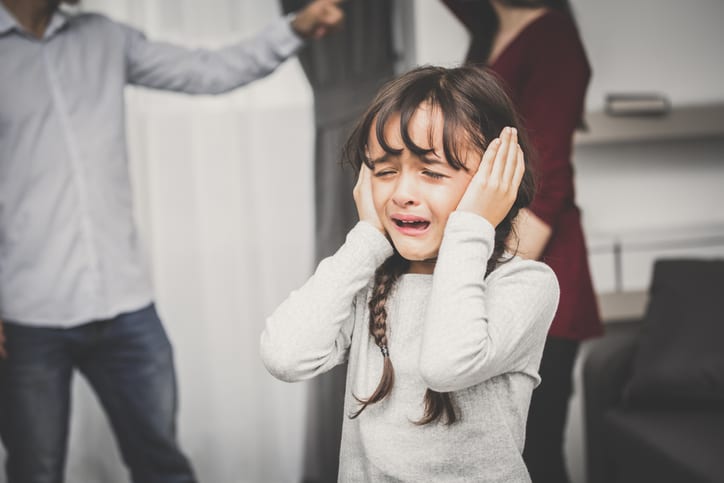Addiction is a family disease. When a loved one has addiction, it is important that the whole family comes together and takes a hands-on approach in their recovery. However, this can be difficult for many people, given the impact that the addiction has had.
Damaged Relationships Due to Addiction in the Family
One of the largest red flags and hallmarks of substance abuse is damaged relationships within a family. This can include divorce, families splitting up, parents evicting their children or parents leaving their families in favor of substance abuse. Family members can also turn against each other because of their choices on how to deal with the person with addiction. This causes family members to pick sides, stop talking and hold grudges against each other.
Emotional Turmoil Due to Addiction in the Family
When someone in a family is experiencing addiction, the other family members experience a variety of emotions. Family members feel helpless, resentful and angry. People in the family, especially parents of children with addiction, will blame themselves. This will affect their self-worth and self-esteem, which will eventually permeate through the rest of the family.
Addiction can create dishonesty and distrust. Individuals may consistently lie to their family about their substance abuse for a myriad of reasons. This causes family members to argue and grow angry.
Negative Family Roles Due to Addiction
Addiction fosters many negative roles within a family. There is usually always an enabler, which is someone who turns a blind eye to the addiction. The enabler also might provide resources for the person with addiction to continue using. This is usually a spouse, parent or close friend and can be happening knowingly or unknowingly.
People who are addicted can usually find ways to manipulate the people around them, most notably their enabler, in order to continue their use. This can include the enabler giving them money, a place to use, a car to drive, not giving them any boundaries or even using with them. The enabler often believes they are helping the person with addiction out of love by making sure they are okay and not out on the street. The enabler is also often in denial when other family members confront them, which can lead to other problems in the family.
How the Addiction of a Parent Impacts Children
The most innocent victim of someone with addiction tends to be their children, especially if the children are young. The damage that is done to children by their parents’ addiction is often silent, and will usually surface later in life. Even if the children of people who are addicted are loved and cared for by other members of the family – such as their grandparents – there are still devastating effects. Children learn by example, and when they see their parent using poor coping skills to deal with stress and trauma, they will mimic it. Even if they grow up promising to not be like their parent, it is still ingrained in their brain from childhood and tends to resurface even with the best of intentions.
Seeing a parent angry and negative due to their addiction is traumatizing for a child in itself. It can be especially traumatic if a parent is in and out of treatment throughout their life, constantly letting down their children and turning back to drugs. This can also lead to children being taken away from their parents, whether it be by other family or by law enforcement. Children will then suffer from a feeling of abandonment throughout their lives, which can cause life-long consequences.
Abuse in Families Due to Addiction
If an addiction is severe enough, it can lead to abuse within a family. This can include emotional and physical abuse. Between spouses, both can occur frequently. People with addiction often lie, cheat and steal in order to sustain their substance abuse and when confronted, this can lead to volatile situations.
The constant arguing and negative emotions between family members and a person with addiction is a tough form of emotional abuse to deal with. To constantly be surrounded by negativity and bad energy is exhausting for a family to endure regularly.
Family members of someone with addiction will often distance themselves completely from their loved one for their own safety and mental health. Alternatively, they can become even closer to their loved ones with the intentions of helping them. Spouses often stay in volatile situations because they know their loved one has addiction and it isn’t the “real” version of them. This can further spiral the abuse, and can even lead to legal troubles.
At Pinelands Recovery Center, we believe that addiction is a family disease and should be treated as such. If you believe you or a family member are experiencing signs of addiction, we are here to help. Contact us today.
Related Articles from Pinelands Recovery Center:
